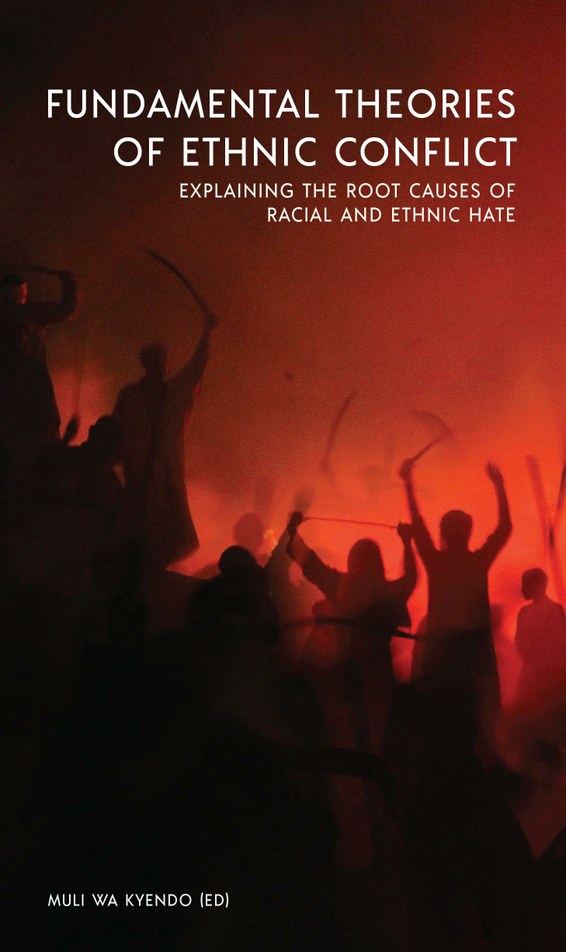|
Think outside the box and imagine the story you create is an island. On the island you place backgrounds and characters, manipulating interactions to fascinate your readers. But what about the waters surrounding that little island?
As writers, we assume our stories take place in a finite world. Sometimes we fashion that world like places seen in our recent experience. But what if the story has a different context?
In a similar way, a writer may tend to aim for a general audience instead of an actual target. Still, a story improves when it has a specific target audience, at least in demographic terms. (The motivational speaker, Zig Ziglar, said “If you aim at nothing, you will hit it every time!”)
A story for children or youth will vary distinctly from a story written for adults. If you’ve written a story for your child or grandchild, it may have more appeal than any of your other masterpieces. Further, the story can improve if written for a specific subgroup, like avid readers of romance or crime.
In this way, we may be “missing the boat” when writing a story for an inappropriate cultural (geographic) context. If our story was a boat, it had better be afloat! But more than geography is involved. A story set in 1943 Germany will differ sharply from an Austrian love story. Or even a story about worldwide virus or famine.
Now, just for practice in “thinking outside the box,” imagine one of your stories set in a wildly different geo/cultural context. Would the story retain its integrity in another setting? How much does your story depend on the context? Would it help to adjust story elements for a better match?
For myself, when writing fiction, I project myself into the story and imagine what must happen as each event occurs. Other writers give the story a start and hear a voice telling them what to write. Still others insist on working from a carefully crafted outline.
I hesitate to endorse any single method. With this short note, I simply suggest that writers step back and view their story from outside the island. Is your island firm and well-constructed? Have you missed any oncoming boats, sharks, or whales in the pond? If not, hopefully your story is on safe ground.
 Fundamental Theories of Ethnic Conflict, by Muli wa Kyendo (ed.)
Fundamental Theories of Ethnic Conflict, by Muli wa Kyendo (ed.)
Description
This book develops and expands on theories that aim at explaining the root causes of ethnic and racial conflicts. The aim is to shift focus from research, policies and strategies based on tackling the effects of ethnic and racial conflicts, which have so far been ineffective as evidenced by the increase in ethnic conflicts, to more fundamental ideas, models and strategies. Contents extend across many disciplines including evolution, biology, religion, communication, mythology and even introspective perspectives.around the world.
Drawn from around the world, contributors to the book are respected and experienced award winning authors, scholars and thinkers with deep understanding of their special fields of contribution. The book was inspired by the conditions in Kenya, where ethnic violence flared up with terrifying consequences following a disputed election in 2008. Although the conflict was resolved by the intervention of the international community, Kenyans – like many other Africans - continue to live in fear of ethnic conflicts breaking out with more disastrous consequences. The book will be useful to policy makers, NGOs and others involved in promoting peace. It will also be useful in guiding research and as a text book in universities and colleges.
Handbook of Research on Examining Global Peacemaking in the Digital Age, Bruce L. Cook (ed.)
Description
Violent behavior has become deeply integrated into modern society and it is an unavoidable aspect of human nature. Examining peacemaking strategies through a critical and academic perspective can assist in resolving violence in societies around the world.
The Handbook of Research on Examining Global Peacemaking in the Digital Age is a pivotal reference source for the latest research findings on the utilization of peacemaking in media, leadership, and religion. Featuring extensive coverage on relevant areas such as human rights, spirituality, and the Summer of Peace, this publication is an ideal resource for policymakers, universities and colleges, graduate-level students, and organizations seeking current research on the application of conflict resolution and international negotiation.
Visit our sister web sites..
http://www.author-me.com/
http://www.authormepro.com
http://www.reservebooks.com/
http://www.strategiesforpeace.org/
http://www.sudanlit.com/
http://www.cookcom.net/
http://www.innisfreepoetry.org
We have developed a world peace website: www.wwpo.org
Publishing New Writers,
May, 2020 (vol. 21, no. 5)
Publisher:
Dr. Bruce L. Cook
1407 Getzelman Drive
Elgin, IL 60123
Submissions/comments cookcomm@gmail.com. Links are welcome. To subscribe and/or review our archive of past newsletters, go to
http://www.author-me.com/newslist.htm